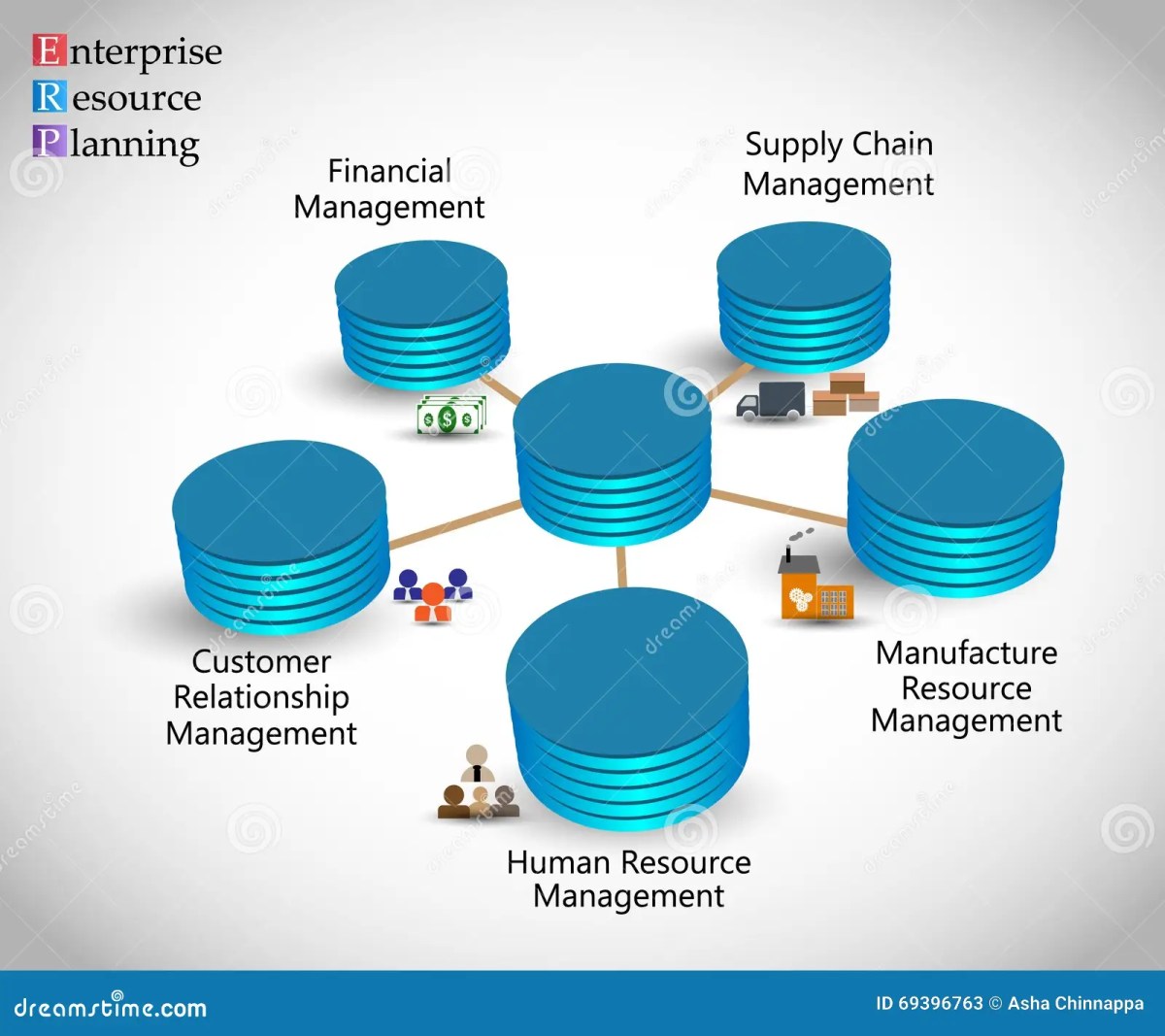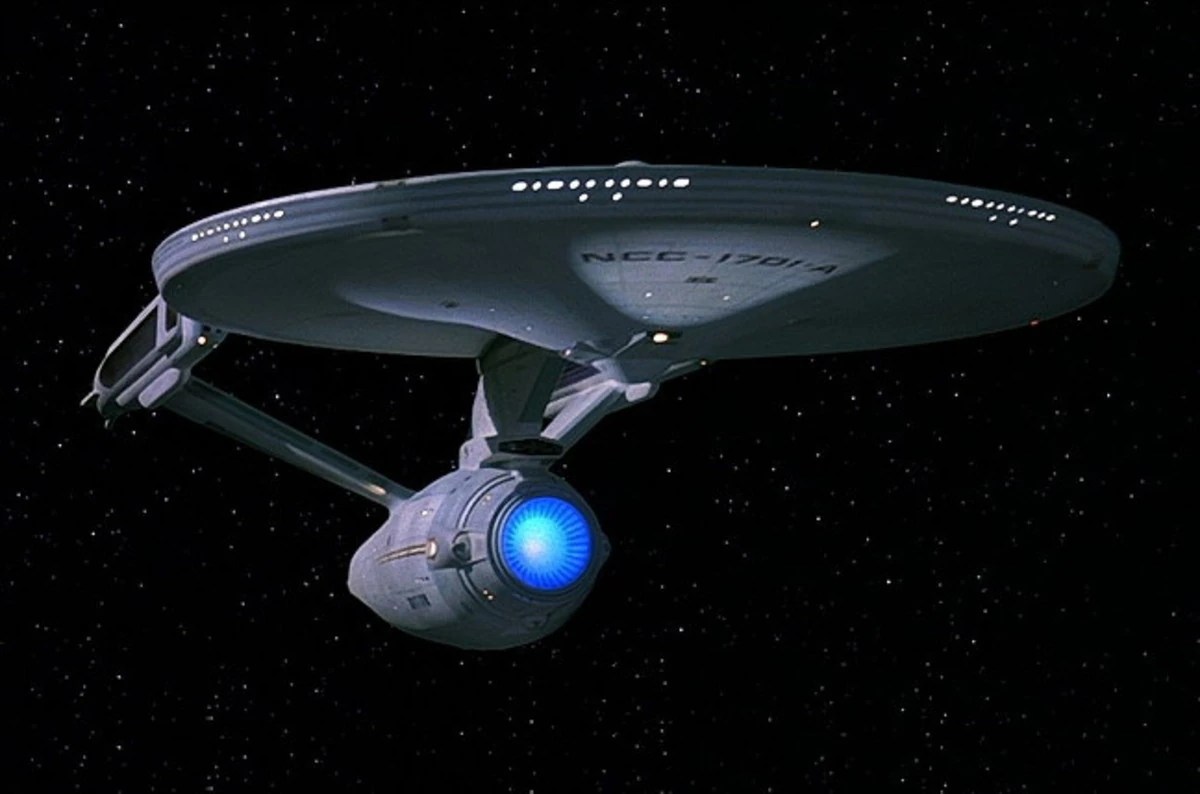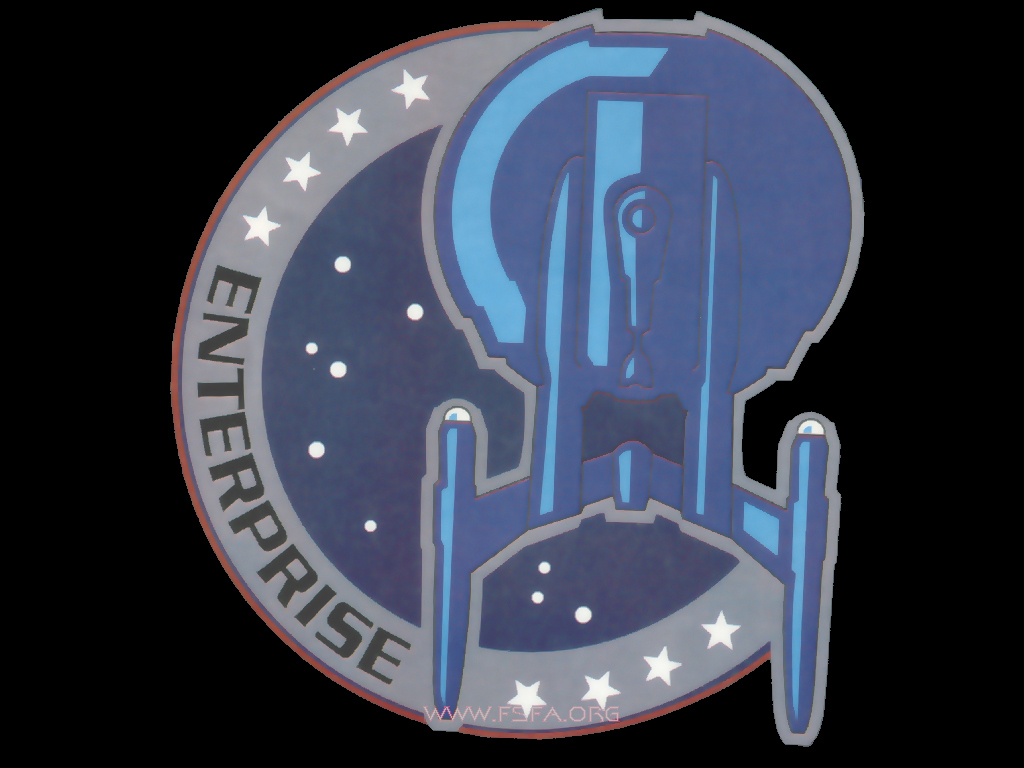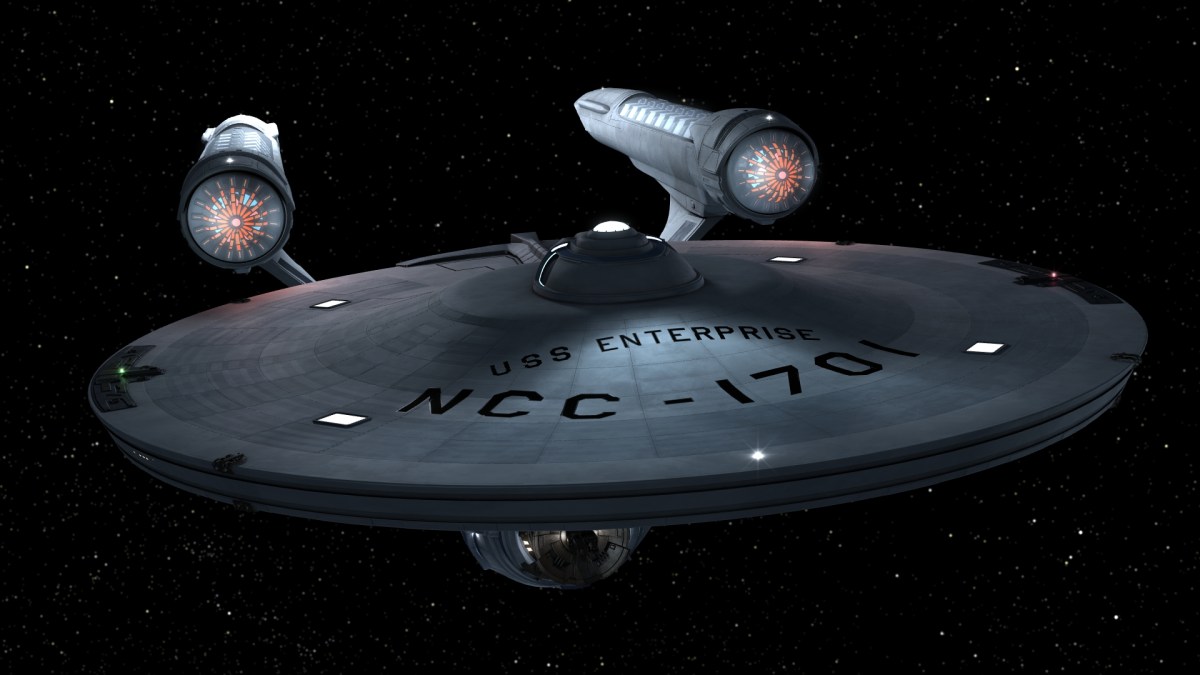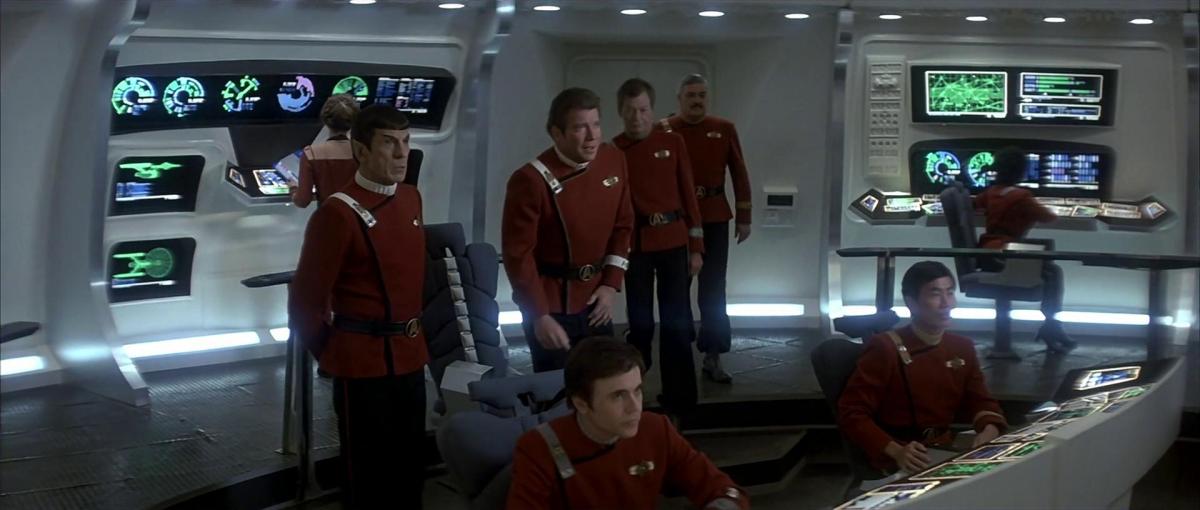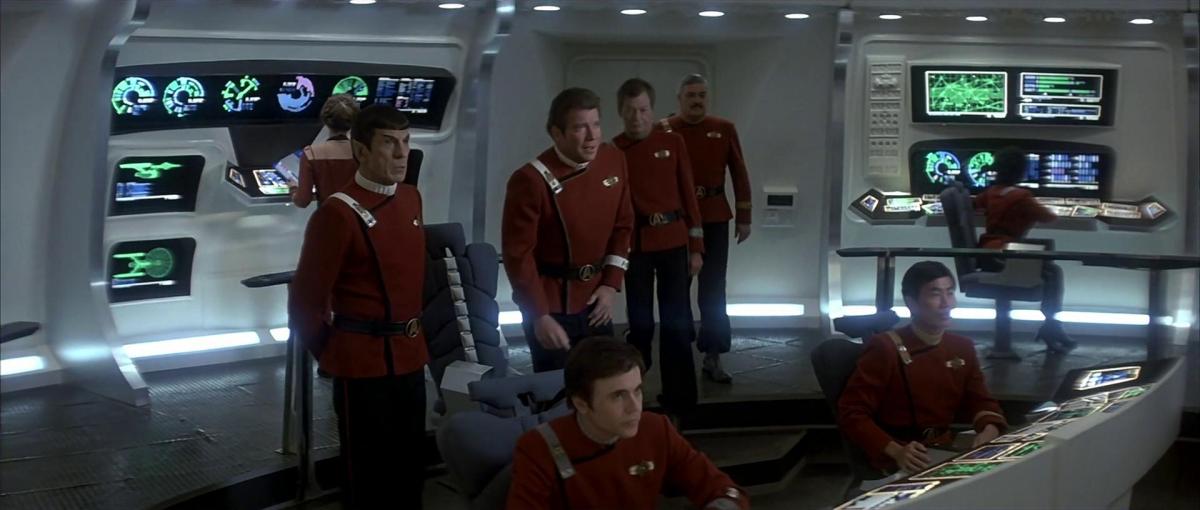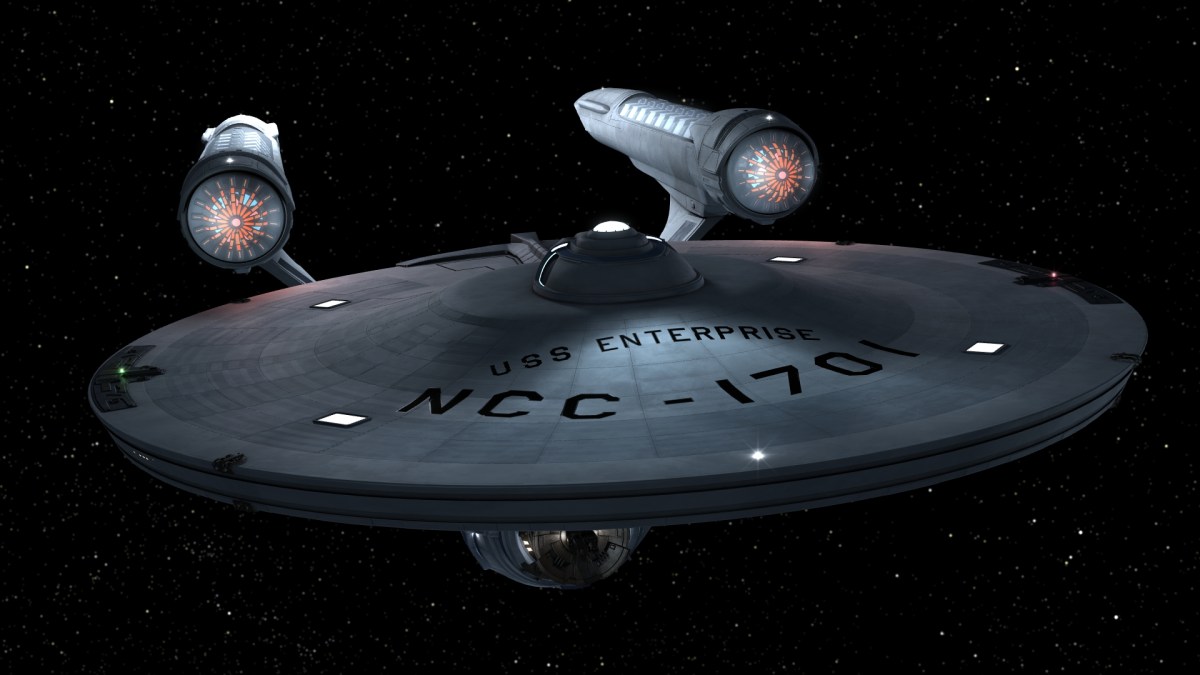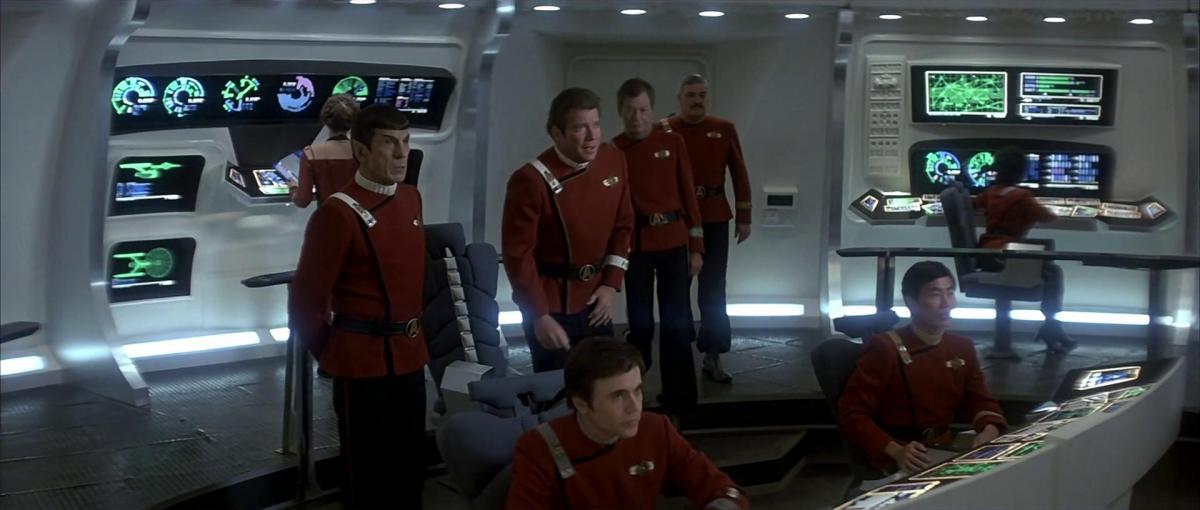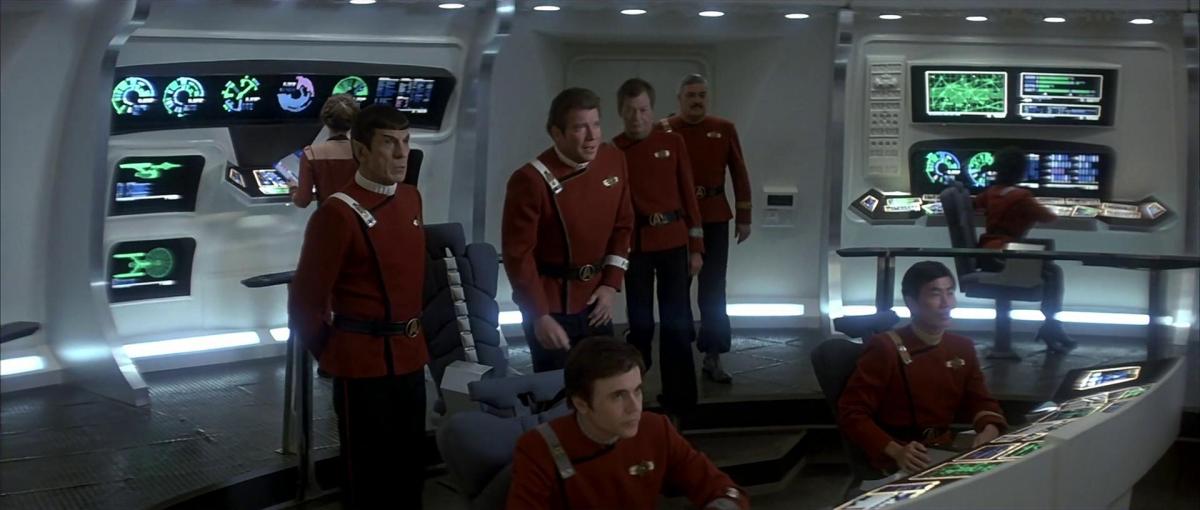Enterprise CRM Solution: 7 Powerful Benefits You Can’t Ignore
In today’s hyper-competitive business landscape, an enterprise CRM solution isn’t just a luxury—it’s a necessity. From streamlining customer interactions to boosting sales efficiency, the right CRM can transform how large organizations operate.
What Is an Enterprise CRM Solution?

An enterprise CRM solution is a comprehensive software platform designed to help large organizations manage all aspects of customer relationships at scale. Unlike standard CRM systems built for small businesses, enterprise-level CRMs are engineered to handle vast amounts of data, complex workflows, and integration across multiple departments and global locations.
Defining Enterprise CRM
The term “enterprise” refers to large-scale organizations with complex operational needs, often spanning multiple regions, product lines, and customer segments. An enterprise CRM solution must be robust enough to support thousands of users, integrate with legacy systems, and scale dynamically as the business grows.
- Supports high-volume data processing and real-time analytics.
- Offers advanced security protocols and role-based access control.
- Enables customization to fit unique business processes.
Key Differences Between Standard and Enterprise CRM
While small business CRMs focus on simplicity and ease of use, enterprise CRM solutions prioritize scalability, integration, and automation. For example, a startup might use a CRM like HubSpot for basic contact management, whereas a multinational corporation would require a system like Salesforce Sales Cloud or Microsoft Dynamics 365 to manage global sales pipelines, compliance, and AI-driven forecasting.
- Enterprise CRMs support deeper API access and third-party integrations.
- They offer advanced reporting dashboards tailored for executive decision-making.
- They include workflow automation tools for complex approval chains.
“An enterprise CRM isn’t just about managing contacts—it’s about orchestrating the entire customer lifecycle across global teams.” — Gartner Research
Top Features of a Modern Enterprise CRM Solution
To deliver maximum value, an enterprise CRM solution must go beyond basic contact storage. Today’s leading platforms integrate artificial intelligence, predictive analytics, and omnichannel engagement tools to create a unified customer experience.
Advanced Data Management and Integration
Data is the lifeblood of any enterprise CRM solution. These systems must seamlessly connect with ERP, marketing automation, customer service platforms, and even IoT devices. For instance, SAP CRM integrates directly with SAP S/4HANA, enabling real-time synchronization between sales data and inventory levels.
- API-first architecture allows integration with legacy and cloud-based systems.
- Master Data Management (MDM) ensures consistency across departments.
- ETL (Extract, Transform, Load) tools enable smooth data migration during onboarding.
AI-Powered Analytics and Forecasting
Modern enterprise CRM solutions leverage AI to analyze customer behavior, predict churn, and recommend next-best actions. Salesforce Einstein, for example, uses machine learning to score leads, forecast sales, and automate follow-ups based on historical patterns.
- Predictive lead scoring increases conversion rates by up to 30%.
- Natural Language Processing (NLP) extracts insights from customer emails and call transcripts.
- Real-time dashboards provide executives with KPIs across regions and product lines.
Omnichannel Customer Engagement
Customers expect seamless interactions across email, phone, chat, social media, and in-person touchpoints. A powerful enterprise CRM solution unifies these channels into a single interface, ensuring consistent messaging and faster response times.
- Unified customer profiles aggregate interactions from all touchpoints.
- Chatbots and virtual assistants reduce support ticket volume by 40%.
- Social listening tools monitor brand sentiment across platforms like Twitter and LinkedIn.
Why Large Organizations Need an Enterprise CRM Solution
For enterprises, managing customer relationships manually or with fragmented tools leads to inefficiencies, missed opportunities, and poor customer experiences. An enterprise CRM solution acts as the central nervous system of customer operations, aligning sales, marketing, and service teams around a shared vision.
Scalability Across Global Operations
Multinational companies operate in diverse markets with different languages, currencies, and regulatory environments. An enterprise CRM solution supports multi-language interfaces, localized tax rules, and regional compliance standards such as GDPR or CCPA.
- Supports multi-currency transactions and dynamic pricing models.
- Enables regional teams to customize workflows without affecting global data integrity.
- Provides centralized oversight while allowing local autonomy.
Improved Cross-Departmental Collaboration
One of the biggest challenges in large organizations is siloed information. An enterprise CRM solution breaks down these barriers by giving sales, marketing, finance, and customer service access to the same customer data.
- Sales teams can see marketing campaign performance linked to deal closures.
- Customer service agents have full visibility into past purchases and support history.
- Finance departments can track revenue recognition and contract renewals in real time.
Enhanced Regulatory Compliance and Security
Enterprises face strict data protection regulations. A compliant enterprise CRM solution includes audit trails, encryption, and granular permission settings to protect sensitive customer information.
- Role-based access ensures employees only see data relevant to their job function.
- Data residency options allow storage in specific geographic locations.
- Automated compliance reporting reduces legal risk and audit preparation time.
Leading Enterprise CRM Solutions in 2024
The market for enterprise CRM solutions is highly competitive, with several platforms offering robust capabilities tailored to large organizations. Choosing the right one depends on your industry, existing tech stack, and long-term strategic goals.
Salesforce Sales Cloud
Salesforce remains the dominant player in the enterprise CRM space, powering over 150,000 companies worldwide. Its Sales Cloud offers end-to-end sales automation, AI-driven insights, and a vast ecosystem of third-party apps via the AppExchange.
- Highly customizable with declarative development tools.
- Strong AI capabilities through Einstein Analytics.
- Extensive integration options with MuleSoft for enterprise connectivity.
Learn more at Salesforce Official Site.
Microsoft Dynamics 365
Microsoft Dynamics 365 stands out for organizations already invested in the Microsoft ecosystem. It integrates natively with Office 365, Azure, and Power BI, making it ideal for enterprises seeking seamless collaboration and data visualization.
- Tight integration with Outlook, Teams, and Excel simplifies user adoption.
- Power Platform enables low-code customization and workflow automation.
- Azure-based infrastructure ensures high availability and scalability.
Explore further at Microsoft Dynamics 365.
Oracle CX Sales
Oracle’s enterprise CRM solution is built for complex B2B sales cycles and large-scale manufacturing firms. It emphasizes AI-powered recommendations, territory management, and CPQ (Configure, Price, Quote) functionality.
- Embedded AI suggests optimal pricing and product bundles.
- Advanced forecasting models improve revenue predictability.
- Strong integration with Oracle ERP and HCM systems.
Visit Oracle CX Sales for details.
Implementing an Enterprise CRM Solution: Best Practices
Deploying an enterprise CRM solution is a major undertaking that requires careful planning, stakeholder alignment, and change management. A poorly executed rollout can lead to low user adoption, data inaccuracies, and wasted investment.
Define Clear Objectives and KPIs
Before implementation begins, leadership must define what success looks like. Common objectives include increasing sales productivity, reducing customer churn, or improving service resolution times.
- Set measurable KPIs such as lead-to-opportunity conversion rate or average deal size.
- Align CRM goals with broader business strategy (e.g., digital transformation).
- Establish a governance committee to oversee progress and resolve conflicts.
Ensure Data Quality and Migration Strategy
Poor data quality is one of the top reasons CRM projects fail. Enterprises must clean, deduplicate, and standardize data before migration.
- Use data profiling tools to assess current data health.
- Define data ownership and stewardship roles across departments.
- Conduct phased migrations to minimize downtime and errors.
Invest in Training and Change Management
User adoption is critical. Even the most advanced enterprise CRM solution will underperform if employees don’t understand how to use it effectively.
- Develop role-specific training programs for sales reps, marketers, and support agents.
- Use gamification to encourage engagement and track learning progress.
- Appoint internal champions to advocate for the system and assist peers.
Measuring the ROI of Your Enterprise CRM Solution
Justifying the cost of an enterprise CRM solution requires demonstrating tangible returns. While some benefits are intangible (like improved customer satisfaction), others can be quantified through financial metrics.
Quantitative Metrics to Track
These hard numbers help prove the value of your CRM investment to stakeholders and investors.
- Sales Growth: Measure year-over-year increase in revenue per sales rep.
- Customer Retention Rate: Track percentage of customers retained over 12 months.
- Cost Per Lead: Compare pre- and post-CRM marketing efficiency.
- Service Resolution Time: Monitor average time to resolve support tickets.
Qualitative Benefits Worth Noting
Some advantages of an enterprise CRM solution don’t show up on balance sheets but are equally important.
- Better alignment between marketing and sales teams.
- Increased employee satisfaction due to reduced administrative burden.
- Stronger customer trust through personalized, consistent interactions.
“Companies that leverage CRM effectively see a 27% higher profitability than their peers.” — Nucleus Research
Future Trends Shaping Enterprise CRM Solutions
The evolution of enterprise CRM solutions is accelerating due to advancements in AI, cloud computing, and customer expectations. Staying ahead of these trends ensures your organization remains competitive and agile.
Hyper-Personalization Through AI and Machine Learning
Tomorrow’s enterprise CRM solution won’t just react to customer behavior—it will anticipate it. AI models will analyze behavioral patterns to deliver hyper-personalized content, offers, and support in real time.
- Dynamic content generation for emails and landing pages.
- Predictive product recommendations based on browsing history.
- Automated sentiment analysis to detect dissatisfaction before churn occurs.
Integration with IoT and Smart Devices
As more products become connected, CRM systems will ingest data from IoT devices to enhance service and upsell opportunities. For example, a HVAC manufacturer could use sensor data to trigger proactive maintenance alerts in the CRM.
- Real-time equipment performance monitoring.
- Automated service dispatch based on predictive failure models.
- Usage-based pricing models tracked within the CRM.
Rise of Composable CRM Architectures
Enterprises are moving away from monolithic CRM platforms toward composable architectures—modular components that can be mixed and matched like building blocks. This approach offers greater flexibility and faster innovation.
- Best-of-breed tools for marketing automation, sales engagement, and service.
- Headless CRM frontends for custom user experiences.
- Event-driven architectures enabling real-time data flow across systems.
Common Challenges and How to Overcome Them
Despite their benefits, enterprise CRM solutions come with significant challenges. Recognizing these pitfalls early allows organizations to mitigate risks and ensure long-term success.
Complexity and Customization Overload
One of the biggest risks is over-customizing the CRM to the point where it becomes difficult to upgrade or maintain. Enterprises should adopt a “configure before custom code” philosophy.
- Leverage out-of-the-box features whenever possible.
- Use sandbox environments to test changes before deployment.
- Document all customizations for future audits and upgrades.
User Resistance and Low Adoption
Employees may resist using a new CRM if it feels cumbersome or disconnected from their daily tasks. To combat this, involve end-users early in the design process.
- Conduct usability testing with real sales reps and agents.
- Design mobile-friendly interfaces for field teams.
- Link CRM usage to performance incentives.
Data Silos and Integration Gaps
Even with a CRM in place, data silos can persist if backend systems aren’t properly connected. Use integration platforms like MuleSoft or Dell Boomi to create a unified data layer.
- Map data flows across all customer-facing systems.
- Establish a single source of truth for customer identities.
- Monitor integration health with real-time alerts.
What is an enterprise CRM solution?
An enterprise CRM solution is a scalable, secure, and highly customizable customer relationship management system designed for large organizations with complex operations, global reach, and high data volumes. It integrates sales, marketing, and service functions into a unified platform.
How does an enterprise CRM differ from a small business CRM?
Enterprise CRM solutions offer advanced features like AI analytics, deep integrations, multi-language support, and role-based security, which are typically absent in small business CRMs. They also support thousands of users and require dedicated IT resources for management.
What are the top enterprise CRM platforms?
The leading enterprise CRM platforms include Salesforce Sales Cloud, Microsoft Dynamics 365, Oracle CX Sales, and SAP CRM. Each offers robust tools for sales automation, customer service, and data analytics tailored to large organizations.
How long does it take to implement an enterprise CRM solution?
Implementation timelines vary but typically range from 6 to 18 months depending on complexity, data migration needs, and organizational readiness. Phased rollouts and pilot programs help reduce risk.
Can an enterprise CRM improve customer retention?
Yes. By providing a 360-degree view of the customer, enabling personalized engagement, and predicting churn, an enterprise CRM solution significantly enhances customer retention and lifetime value.
Adopting an enterprise CRM solution is no longer optional for large organizations aiming to thrive in a digital-first world. From breaking down data silos to empowering teams with AI-driven insights, the right CRM becomes the backbone of customer-centric growth. While implementation requires effort and investment, the long-term rewards—increased efficiency, higher revenue, and stronger customer loyalty—are well worth it. As technology evolves, so too must your approach to customer relationships. The future belongs to those who harness the full power of their enterprise CRM solution to deliver exceptional, personalized experiences at scale.
Recommended for you 👇
Further Reading:
